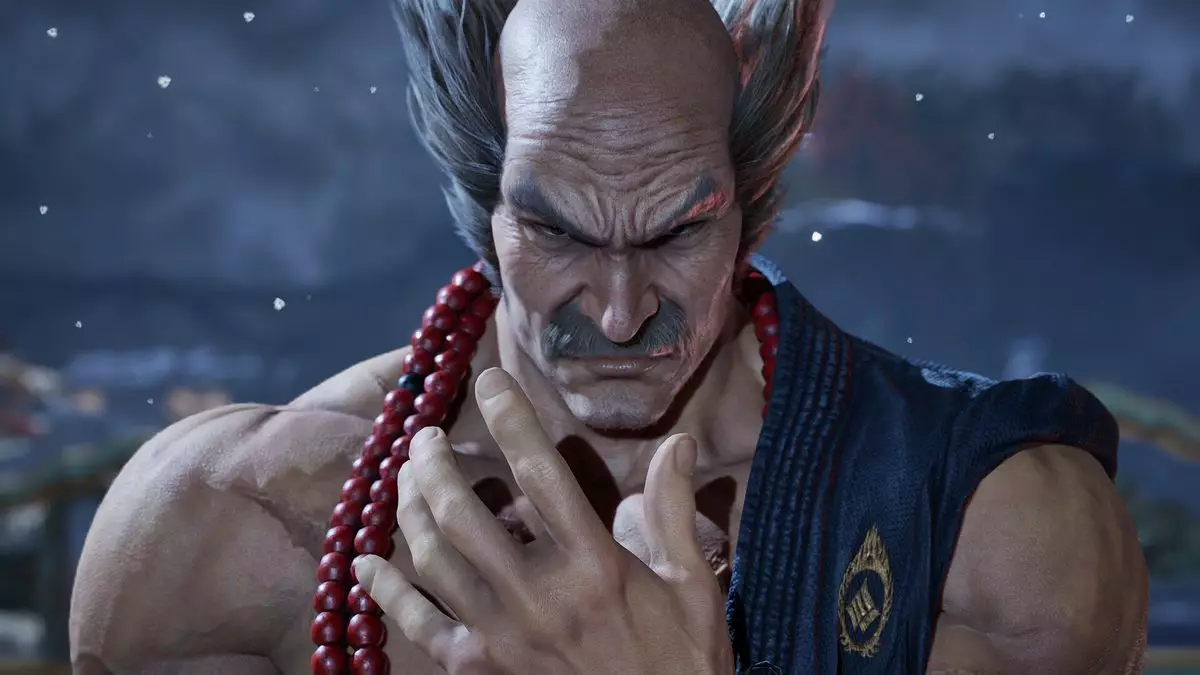As the iconic Tekken franchise celebrates over 30 years of fighting excellence, its latest installment, Tekken 8, has emerged as both a celebrated addition and a source of contention among fans. Known for its engaging gameplay and deep character roster, the game has recently found itself at the center of a heated debate regarding its monetization practices. Despite the rich legacy of Tekken, the reception toward Tekken 8 has been mixed, as players grapple with the implications of microtransactions and downloadable content (DLC) practices that have forsaken their loyalty.
The Frustration Over Microtransactions
The specific point of contention hinges primarily on the Year 1 Pass, which players felt did not justify its cost when it failed to include the newly launched Genmaji Temple stage. This omission triggered an uproar, predominantly on social media platforms. Tekken fans expressed their frustrations through intense Steam review bombing and passionate discussions on forums like Reddit. Many players felt as though the game was holding content hostage, a stance that has become alarmingly familiar in the gaming industry. The sentiment that their commitment to the series was being undermined only amplified their dissatisfaction, leading to a loud outcry that could not be ignored by the developers.
In the face of player backlash, the developers of Tekken 8 made a concerted effort to address community concerns directly. In a tweet acknowledging the fans’ disappointment, the Tekken team apologized for failing to meet expectations regarding the Year 1 Pass and the distribution of the Genmaji Temple DLC. To mend relations, they announced that players who purchased the Year 1 Pass would automatically receive upcoming content without additional charges. Moreover, they planned to offer in-game currency to all players as a gesture of goodwill. This proactive approach from the developers highlights a growing trend within the gaming industry where studios are beginning to recognize the importance of community feedback.
The responses from the community to the developers’ attempts at reconciliation have been curiously positive. Many players took to platforms like Reddit and Twitter to express gratitude for the developers’ responsiveness. Comments such as “Actually kind of a huge W” reflect a portion of the fanbase that appreciates the open dialogue. The call for better communication between developers and players is felt strongly, and engaging with fans can only serve to strengthen the community.
Ultimately, the incident surrounding Tekken 8 underscores a broader issue in the gaming industry: the balance between monetization and player trust. As the gaming landscape continues to evolve, developers must navigate the challenge of providing content that feels valuable while also operating within financial models that support their businesses. The way forward for Tekken 8 will hinge on its ability to maintain open channels of communication with the fanbase while delivering content that resonates with their expectations. In a digital age where loyalty can easily be swayed, it is crucial for developers to genuinely engage with their community, reassuring them that their voices are heard and respected in this ever-changing world of gaming.

